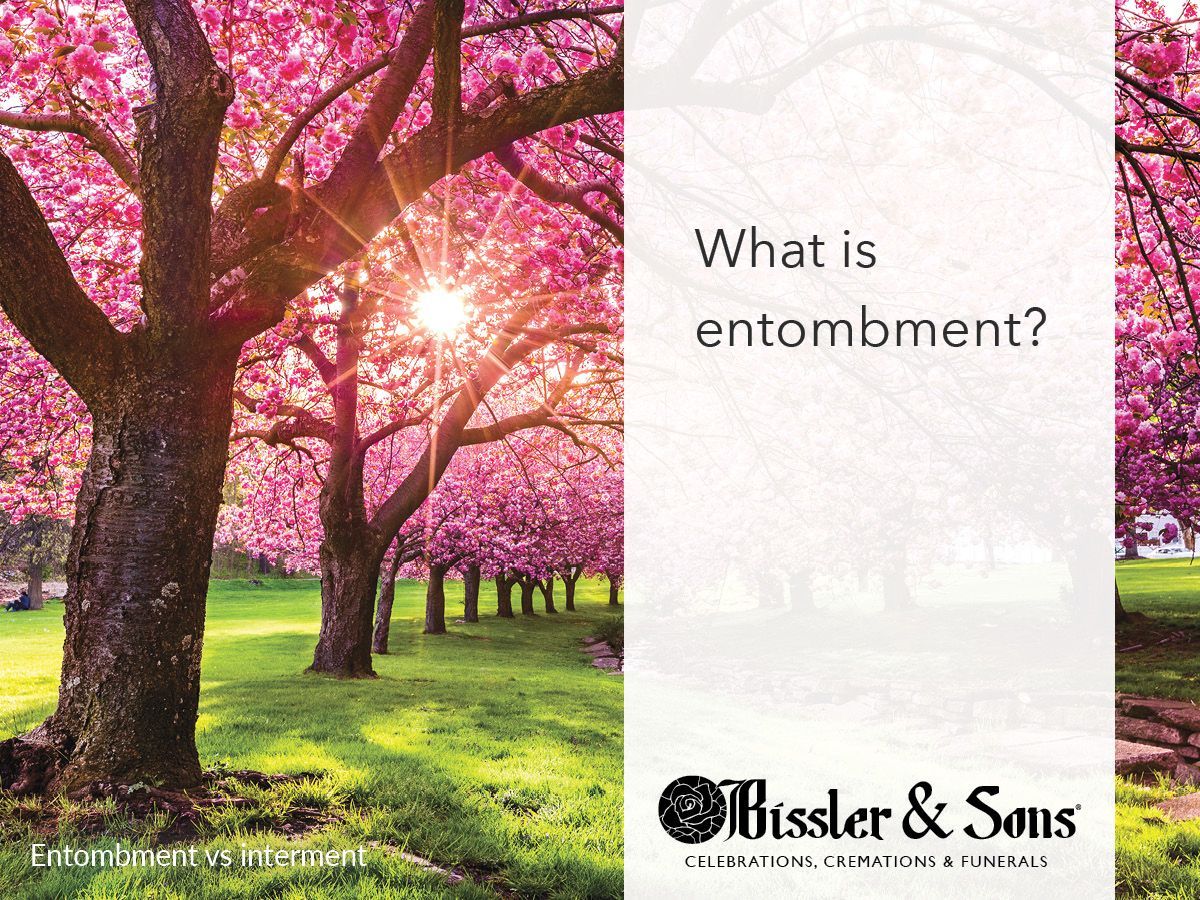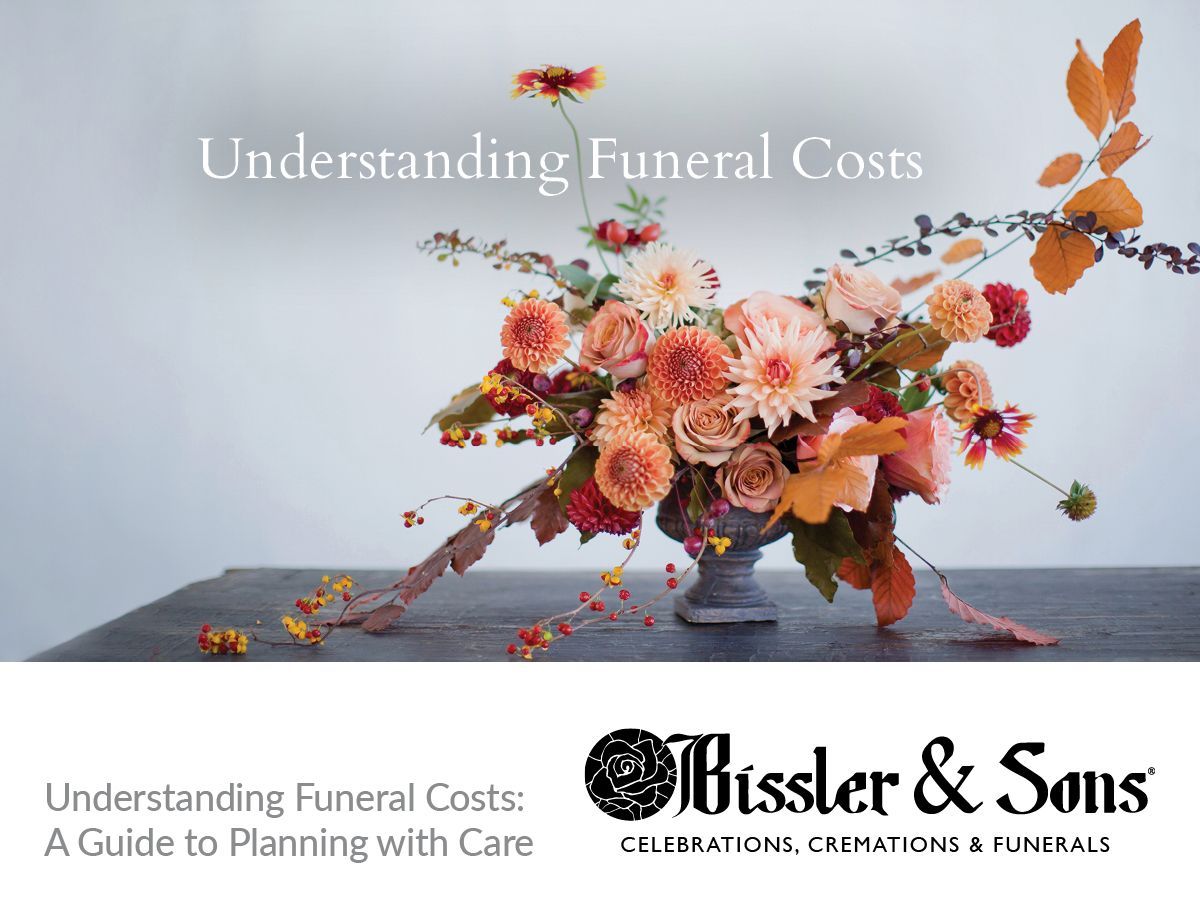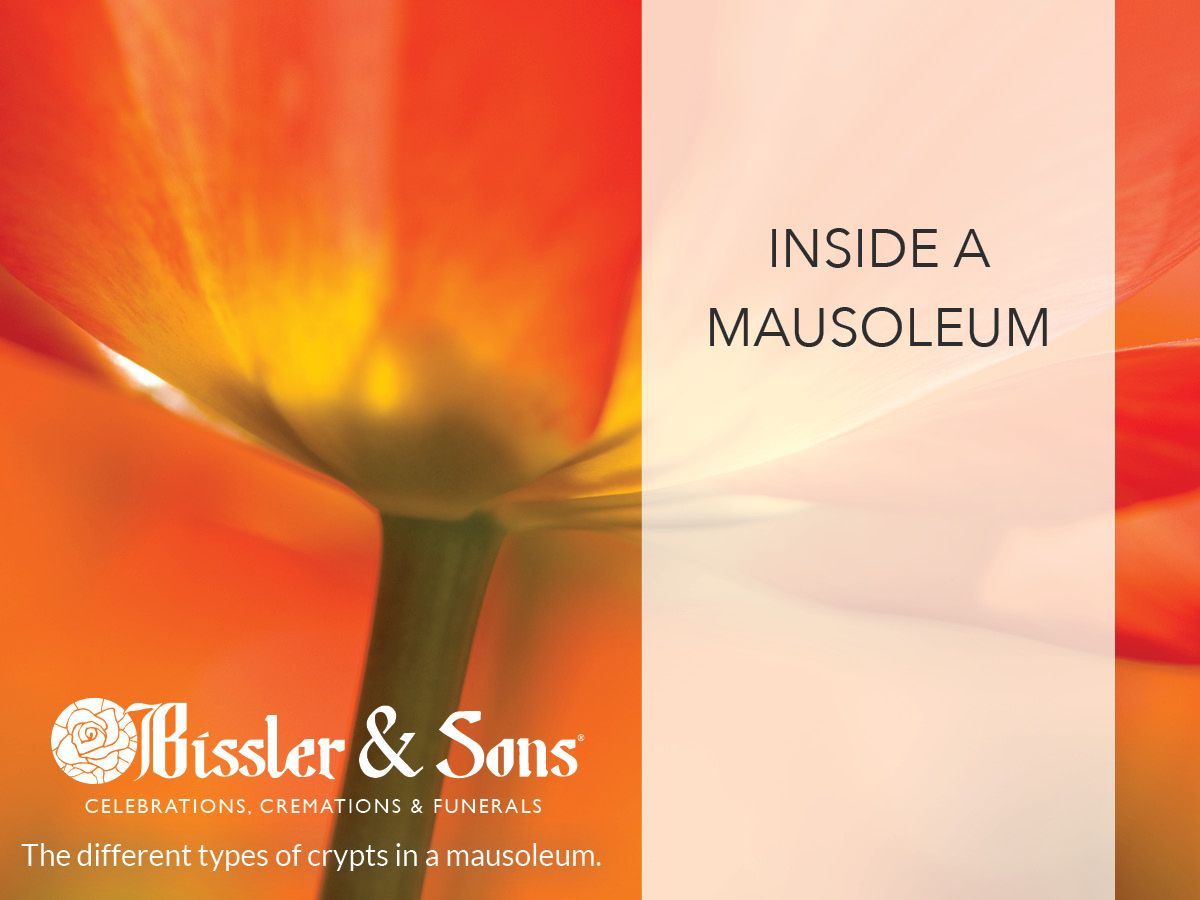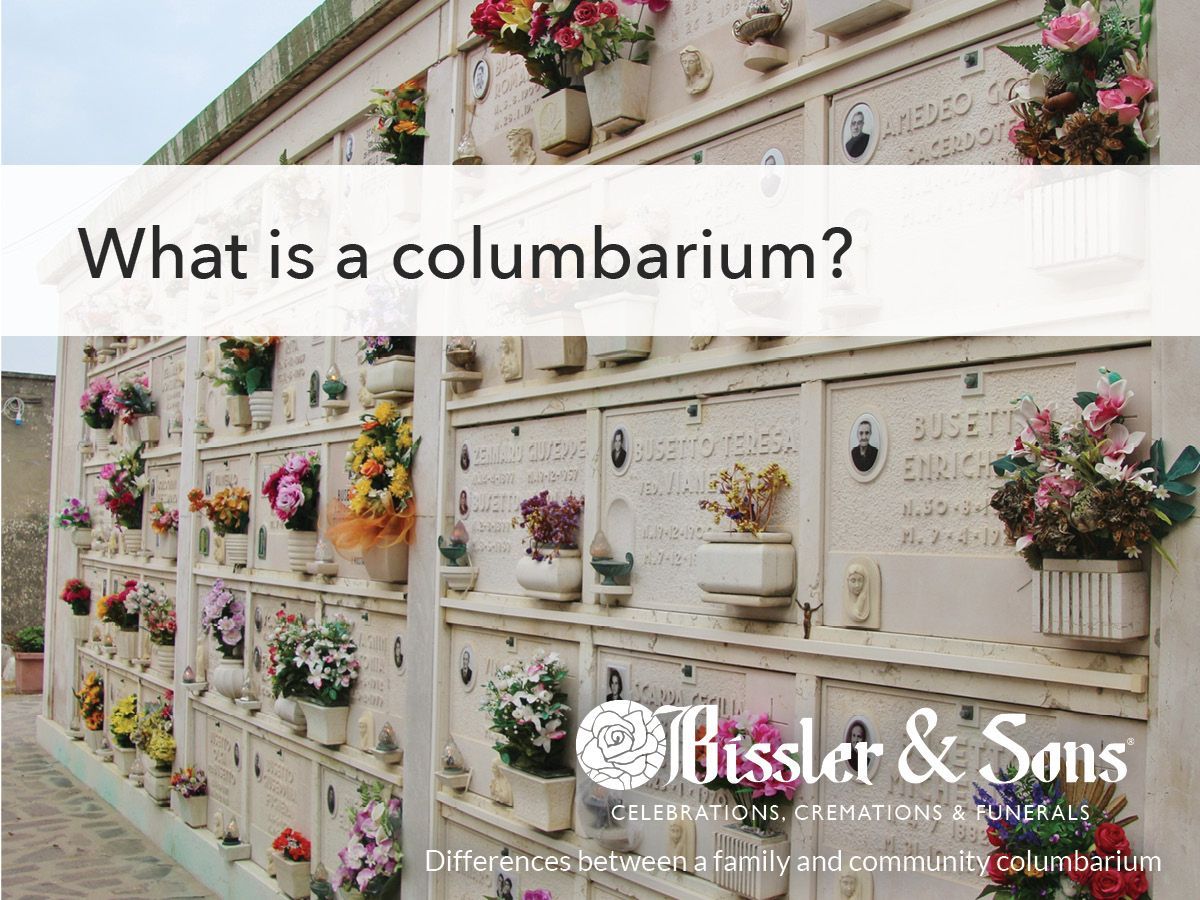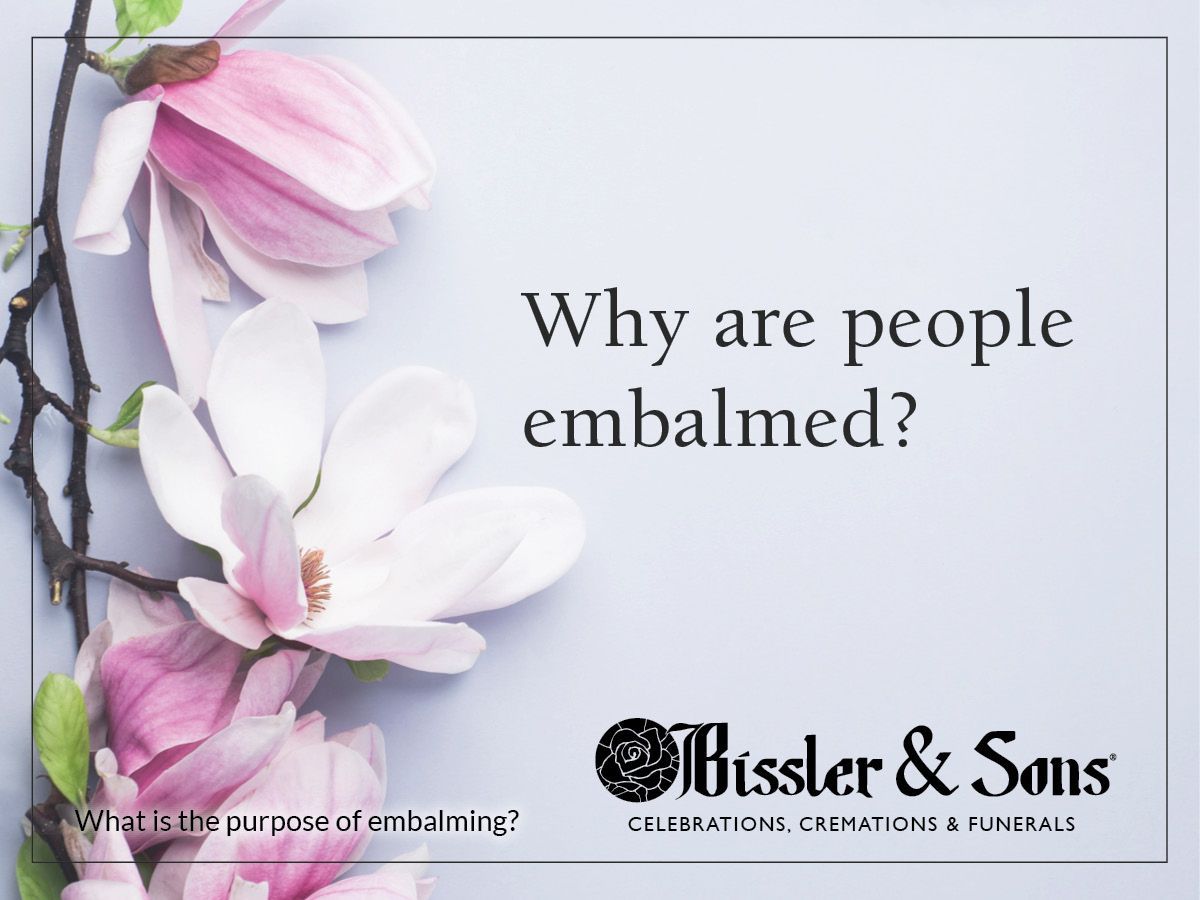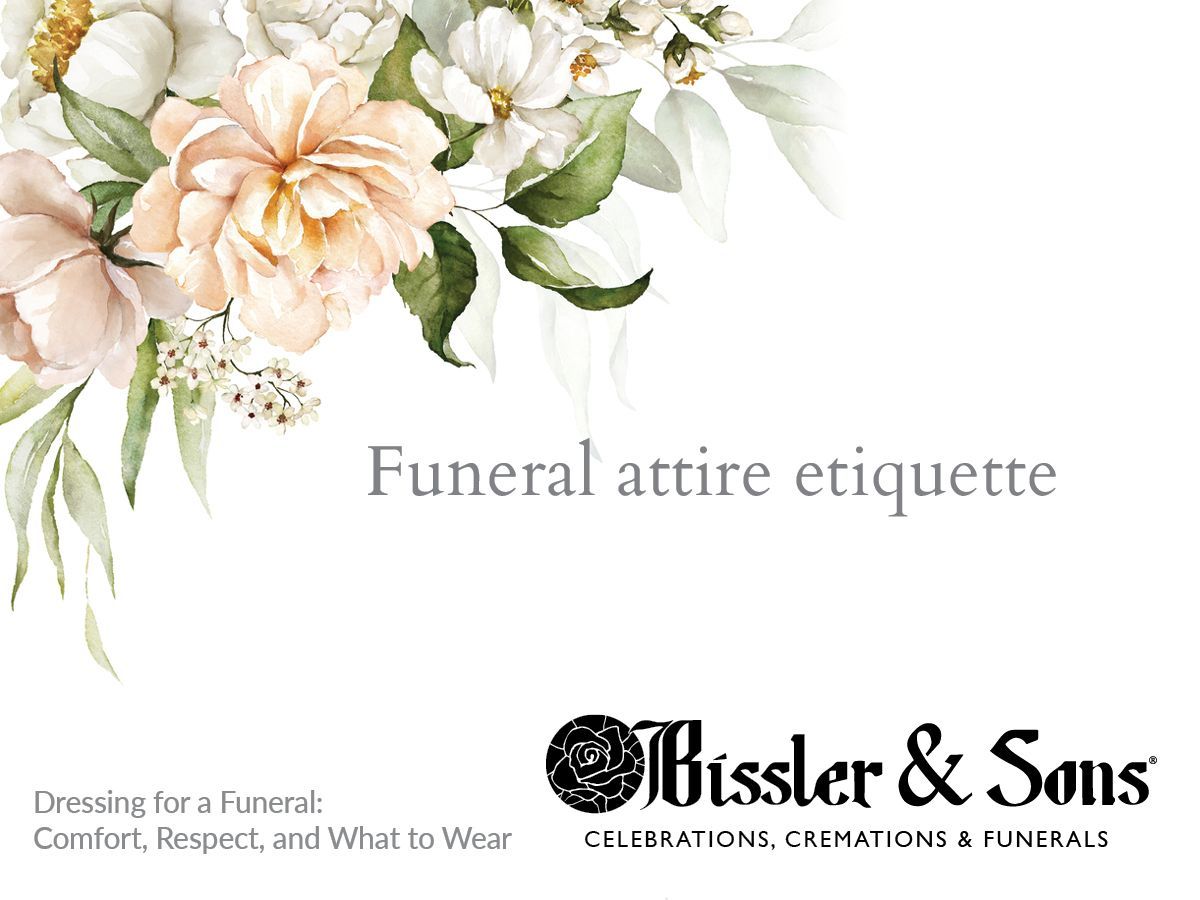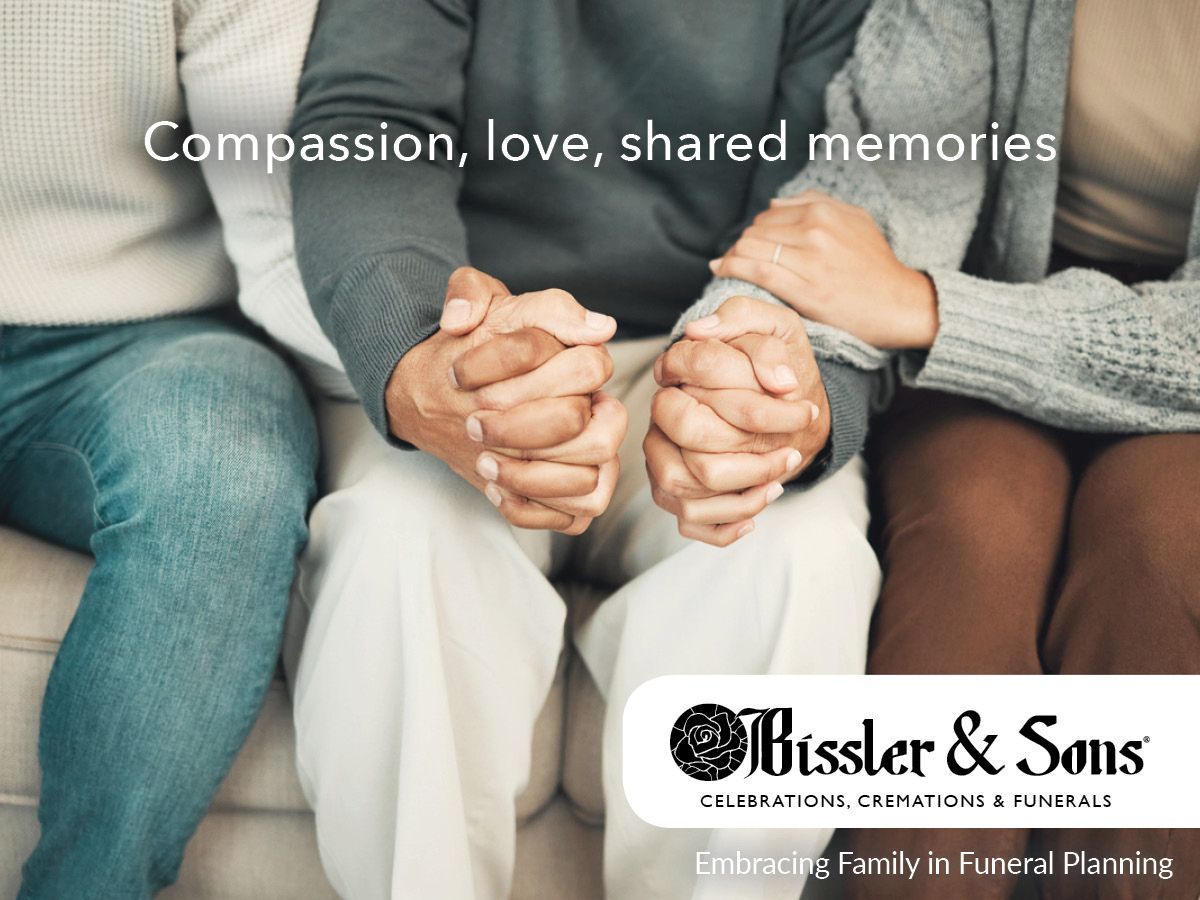What’s the Benefit of Paying for My Funeral in Advance?
Planning for your end-of-life ceremony, your funeral, has many benefits. Some of them are practical, some are emotional, and some are financial. For some, planning in advance actually helps them live a better, more purpose-driven life.
When a person pushes past the discomfort of considering their own mortality and considers how they would like to be remembered, it can tighten the focus about how they are living life now. If one wants to be remembered as a good parent or kind person, what are they doing today to support that goal?
Planning the ceremony as well as setting the tone and direction of the service that takes place can be done with or without paying for the funeral in advance. However, there are some often overlooked advantages to paying for your funeral before death occurs.
Side-Step Inflation
We all understand that financial considerations change as the times change. We all know costs tend to increase overtime. Just 20 years ago in 2000, a loaf of bread cost on average $1.99. Twenty years before that in 1980, it cost $0.50. Today, well you know, it costs more. Funerals also inflate in cost over time. That cost increases at a much slower rate (6.6% 2016 to 2021 according to the NFDA) than the bread, but still, the cost increases. When planning in advance, be sure to ask your advance planning funeral professional how you can pay in advance and avoid the impact of future cost increases.
Cover the Cost / Pay in Affordable Increments
When a person dies and the family plans and pays for the funeral, the full cost is typically required before the service takes place. Covering the cost of an advance funeral plan can be done in affordable flexible payments. Many funeral homes offer programs that will cover the entire cost should you die during the payment period. When planning in advance, ask your advance funeral planning professional about payment plans.
Remove the Emotion from the Cost
The death of a family member, a spouse, or a parent is a crushing emotional experience. We should feel … and we do. However, it is not necessarily a good time to make buying decisions. Emotions are high, we loved in full and all too often that makes us equate spending more with our overflowing love. Plans made and paid for in advance are completed in an atmosphere of emotional neutrality. Choices are still made with love, but they are not charged with emotion.
Eliminate the Financial Responsibility for Family
Even if you are leaving a good size estate for your family, those funds may not be available until the estate is settled. This can take months. Some states require probate or an estate to be settled in a specified time frame while others have no requirements. This can extend the time it takes for the estate to settle to a year or more. The family has the responsibility for covering the cost of the funeral while they wait for inheritance to be distributed.
When a person pushes past the discomfort of facing their own mortality and not only plans but also funds their funeral in advance, they not only set the tone and direction of the service, they also assure that the cost of the funeral reflects their values. Those who lived frugally, or modestly, or were fortunate enough to be able to spend with exuberance can be sure their funeral reflects the life they lived.
